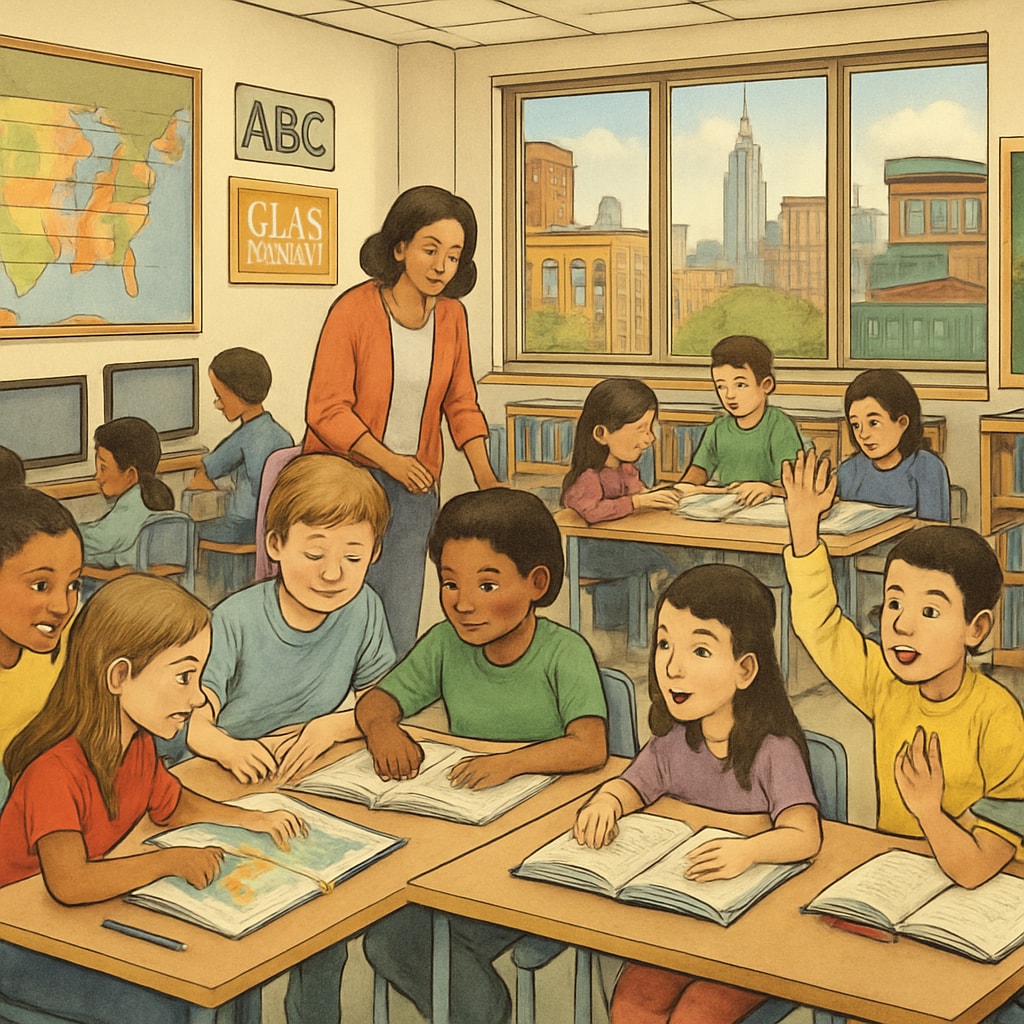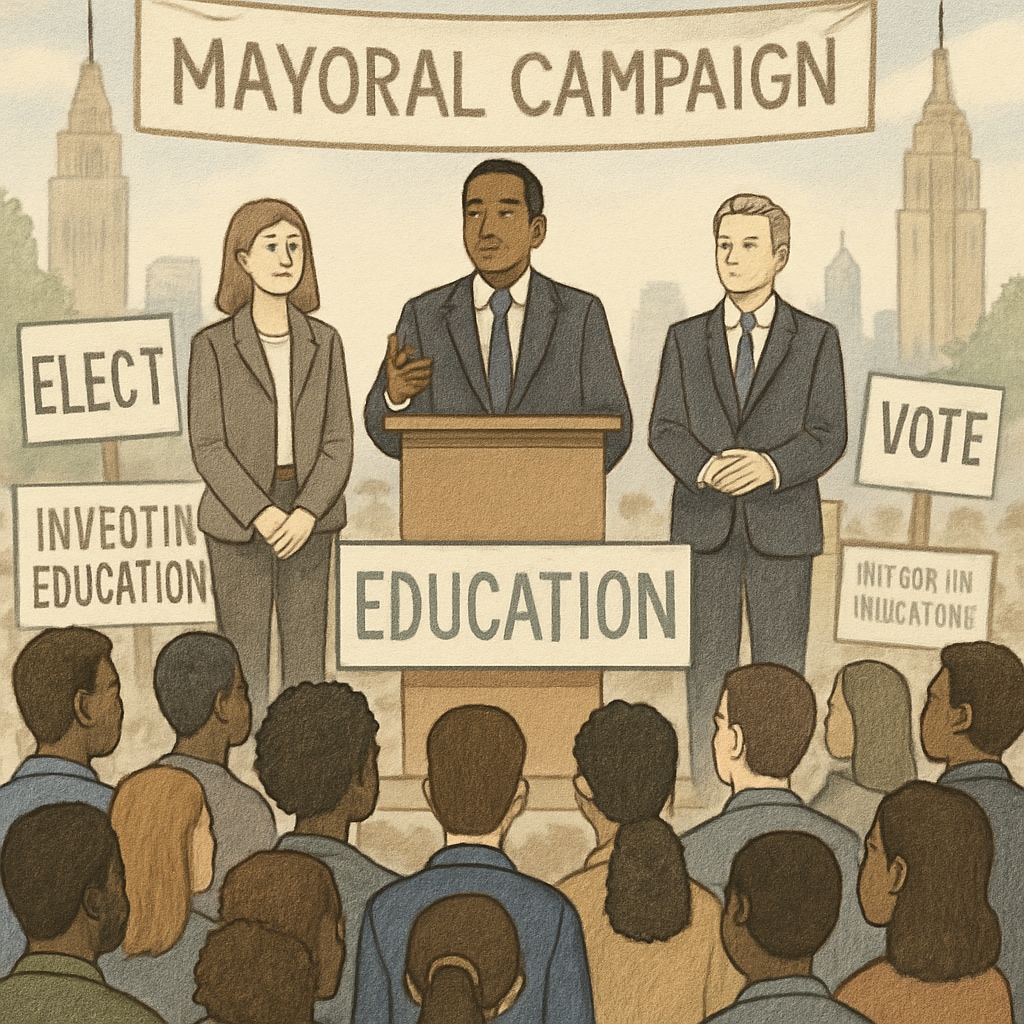The future of New York City’s education system hangs in the balance as Joel Klein, former NYC Schools Chancellor, raises concerns about the upcoming mayoral election. His warning serves as a wake-up call for policymakers and citizens alike, emphasizing that the decisions made in this election will have a profound impact on K-12 education across the city. With mounting challenges in funding, equity, and student performance, the education system is at a critical crossroads. Will this election lead to meaningful reform, or will it exacerbate existing issues?
Challenges Facing New York City Schools
New York City schools are grappling with several pressing challenges. These include overcrowded classrooms, disparities in educational outcomes between neighborhoods, and outdated infrastructure. According to Joel Klein, addressing these systemic issues requires bold leadership and innovative solutions. For example, Klein has long advocated for expanding charter schools and integrating technology into classrooms to bridge the achievement gap.
Additionally, funding remains a critical concern. NYC schools rely heavily on state and local budgets, which have been strained by economic downturns and competing priorities. As a result, many schools face insufficient resources for essential programs, such as arts, special education, and extracurricular activities.

The Role of the Mayoral Election
The upcoming mayoral election is pivotal for NYC education reform. Historically, the mayor’s office has wielded significant influence over the city’s public school system through the Department of Education’s policies and budget allocations. Candidates’ platforms on education will likely shape the trajectory of K-12 schools for years to come.
Key education-related issues in this election include:
- Expanding access to high-quality early childhood education
- Improving teacher training and retention
- Investing in school infrastructure and technology
- Addressing racial and socioeconomic disparities in education
Voters must weigh candidates’ proposed solutions carefully, as their decisions will impact millions of students and families.

Potential Transformations in K-12 Education
Depending on the election outcome, NYC schools could see transformative changes. If elected leaders prioritize education reform, we might witness increased investment in STEM programs, expanded charter school networks, and updated curriculums that reflect 21st-century skills. For example, integrating coding, critical thinking, and environmental education could better prepare students for the challenges of tomorrow.
However, without effective leadership, the system risks stagnation. Joel Klein has warned that inertia and resistance to change could deepen inequities and hinder progress. To avoid this, NYC needs a visionary mayor who can unite stakeholders—teachers, parents, administrators, and policymakers—around a shared vision of educational excellence.
As a result, the stakes in this election are higher than ever. The choices made by voters will determine whether NYC schools can adapt to modern demands or remain stuck in outdated paradigms.
Readability guidance: This article uses concise paragraphs, transitions like “however” and “as a result,” and lists to summarize key points. Passive voice is minimized, ensuring clarity and engagement.


